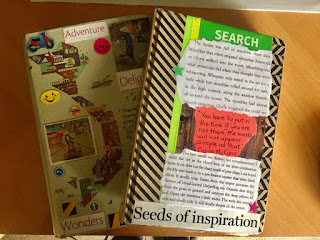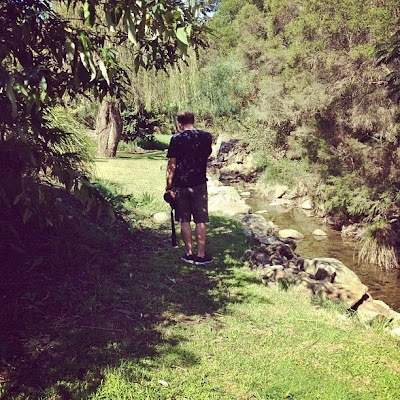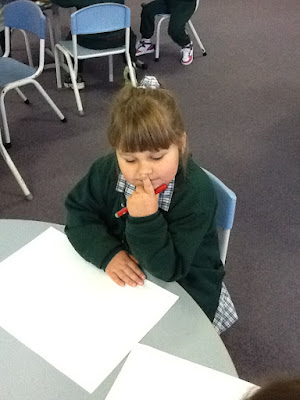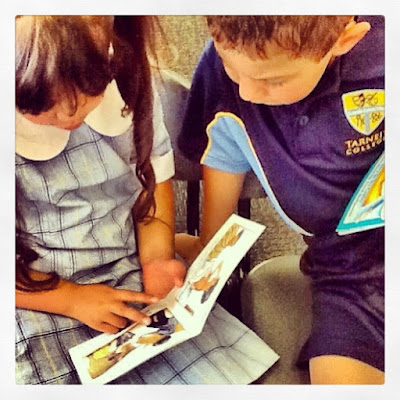Living Life Twice -Most Popular Posts 2022

Here are five of the most popular Living Life Twice posts for 2022. Thank you for your continuing support and interest in teaching writing and all it entails. Donald Graves Address 2022: Reflecting Upon the Writing Revolution and the need for Rejuvenation I felt greatly honoured presenting this year’s Donald Graves Address. Given the names of those who had previously presented here, I found myself in rare air and quite privileged to be called upon to celebrate the life work of Donald Graves. I remain indebted to ALEA/AATE for this incredible opportunity to share Donald's immense legacy with you. https://livinglifetwice-alwrite.blogspot.com/2022/07/donald-graves-address-alan-j-wright.html Writing Conversations to Launch At The Start Of The School Year Writing conversations to launch a school year. In the early weeks of a new school year, we would hopefully expect to hear conversations around writing raising matters with student writers, similar in intent to the types of matte...








